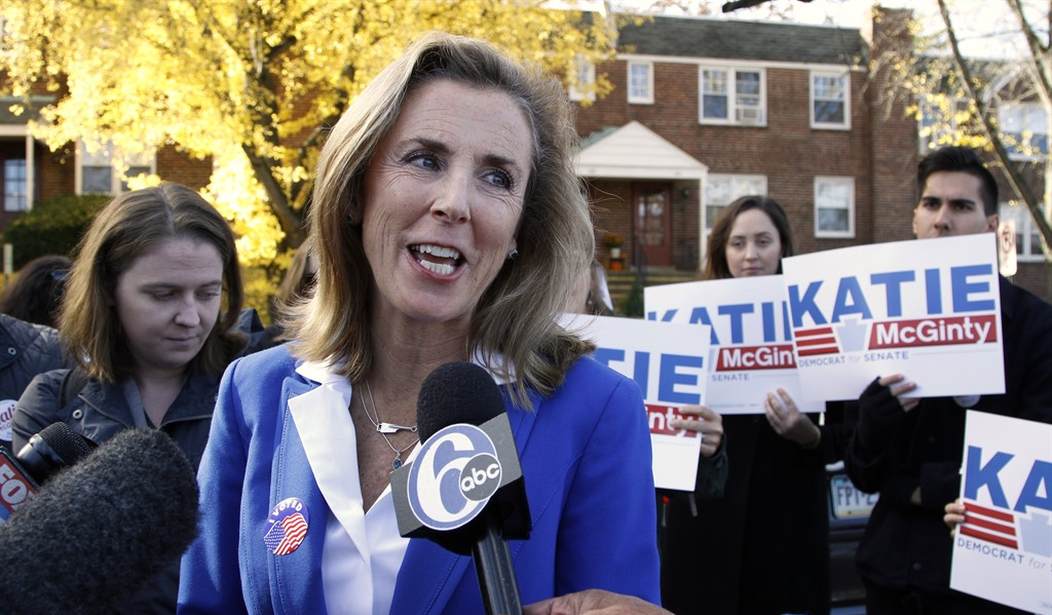This month’s election produced great newsfor Republicans but sobering news for Democrats in the Pennsylvania Legislature. The question, however, remains if the GOP will capitalize on its expanded political fortunes to enact sound public policies.
Not only did Republicans expand their House majority by three seats, they won a veto-proof majority in the Senate, which, of course, is a very important tool with a a governor of the opposite party.
The House will have its largest majority in nearly 60 years. That Senate majority will be the largest in nearly 70 years.
And with fewer moderates among the majority party’s ranks, that means higher levels of spending fueled by higher taxes will be a non-starter.
At least one would think they would be.
A Tuesday report by the state’s Independent Fiscal Office projects a $1.7 billion deficit in fiscal 2017-18 will put pressure on legislators (from “progressive” quarters) to raise taxes. As will news of a nearly $600 million shortfall in the current $31 billion budget and lagging tax collections.
That said, Republican have a grand opportunity to reform myriad policies that overburden the public. Think public pensions, first and foremost.
That said, Steve Miskin, spokesman for House Majority Leader Dave Reed, tells me:
“Mainly, we will focus on school reform -- but we will try it differently. Not every school needs ‘reform,’” he says. “For instance, Cumberland Valley, Pine-Richland or Plymouth-Whitemarsh are doing well and controlling property taxes. Yet schools in Chester-Upland, Philadelphia, Harrisburg, etc., are failing students.”
“Besides charters and EITC (earned income tax credit) expansion, what other reforms can be targeted to help them?,” Miskin asks. “Besides just more money,” he notes.
Mincing no words, the House spokesman says “These kids are destined to poverty because the system is screwing them -- we need to give kids a chance in life.”
Recommended
But jobs also will be a priority for the newly emboldened GOP majority, Miskin says.
The government should not be the main jobs creator but he says it does have a role to play. “We understand the need to keep state taxes low. We also plan to work to find the right balance of regulating while not impeding.”
Do remember, however, that Republicans were responsible for a fiscal 2017 budget that raised more than $750 million in new state taxes. While some considered the higher taxes part of the “art of compromise,” rock-ribbed conservatives on the losing end of the stick considered it capitulation.
Charged with holding the line on spending now will be Rep. Stan Saylor, electedTuesday by the GOP to chair the all-powerful House Appropriations Committee. But given the fiscal realities, reduced spending should be the order of the day.
Keystone State Republicans say “Getting government out of the way” to allow people to succeed “through self-sufficiency” is at the top of their “Commitment to Pennsylvanians.”
While that’s easier said than done, it is a relatively easy metric to measure -- and to use to hold majority Republicans accountable.

























Join the conversation as a VIP Member